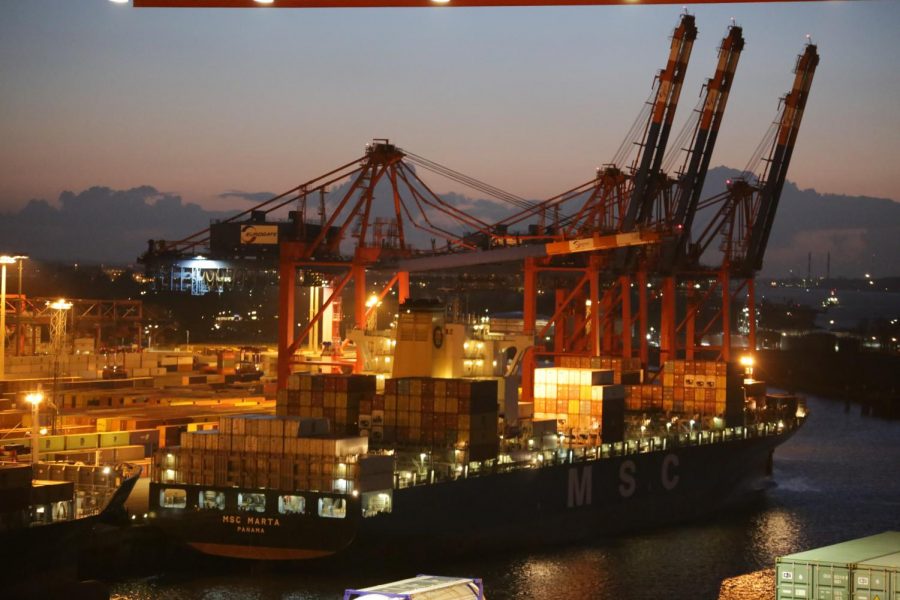Supply Chain Woes
When a global pandemic wreaks havoc, it exposes the limitations of the supply chains established around the globe. This affects everyone, especially during the holiday season, no matter if you’re buying an Iphone or a sack of potatoes.
Supply chains are designed for the consistent flow of goods from producers and manufacturers to stores and shipping warehouses and finally to the hands of consumers. Disruptions in the supply chain often cause massive ripple effects in shipping processes across the nation.
The backlog in Southern California is an example of just how dire the situation can become. The port is actually performing below maximum capacity even though 12 million metric tons of goods are being delayed in transit. These are seasonal goods, goods that need to see store shelves during the holiday shopping season or the upcoming Black Friday.
While the pandemic plays the largest role in the setbacks in maritime shipping, an underlying cause is the United States’ severe lack of federal funding for technological improvement in shipping. . New technology is seldom introduced into the trade ecosystem because of the United States’ obsession with data privacy and business security. The Port of LA Executive Director Gene Seroka also cites Trump’s trade war with China as a “failure of epic proportions,” further exacerbating an already flawed system. He cites the influx of imports as a result of the trade war and a widening trade gap with China as symptoms of the catastrophic plan.
Maritime shipping is not the only indicator of supply chain issues. A nationwide shortage of truckers also makes delivering goods on time difficult. Like with maritime shipping, many of the reasons for unemployment in trucking can be traced to the pandemic. Joe Biden’s new vaccine mandate could be very unpopular with many of the blue collar workers that undertake trucking jobs. Other factors such as an aging working population and low wages also contribute to this shortage. In fact, in California, the backlog of goods due to trucking problems forced port officials to open overflow lots to store thousands of containers of dead goods.
The supply chain issue is not limited to just the United States. The nation’s biggest competitor, China, is facing supply chain disruptions as well. Shipping container shortages in Asia are cited as a primary reason for the disruptions. Containers that end up in ports around America don’t often end up being shipped back to Asia, so instead they pile up unused. Another huge contributor to the disruptions is the fear of Covid-19 in China. Entire ports are shut down after the discovery of just one case, causing crews to be left stranded and leaving sailors to be abandoned. Growing labor shortages in China have also created a heavier reliance on foreign imports, intensifying the problem.
Now, one high profile consequence has caught the attention of the entire nation: the microchip shortage. The microchip shortage affects all modern technology, from cars to phones to medicine. Apple is said to have lost upwards of 6 billion in sales due to the lack of chips alone. The microchip shortage is a tangible result of the supply chain disruptions.
What can we do? Individuals can call their representatives asking to incentivize trucking jobs and to increase federal funding for the improvement of technology in ports across the nation. Until this issue is resolved, all of us will just have to hope that our Christmas presents arrive by December 25th.
Francis just joined the Banner this year as a sophomore, but is looking forward to contributing to it as he finds time. He loves to stay updated with the...


